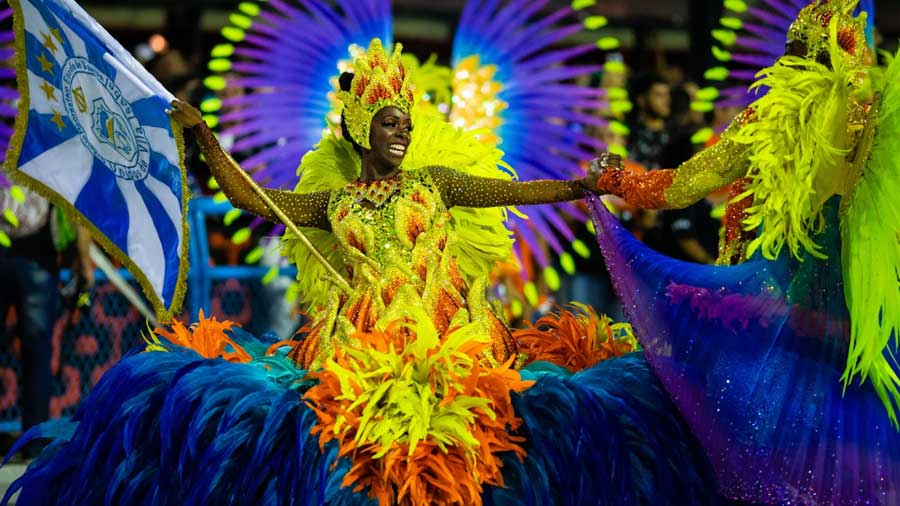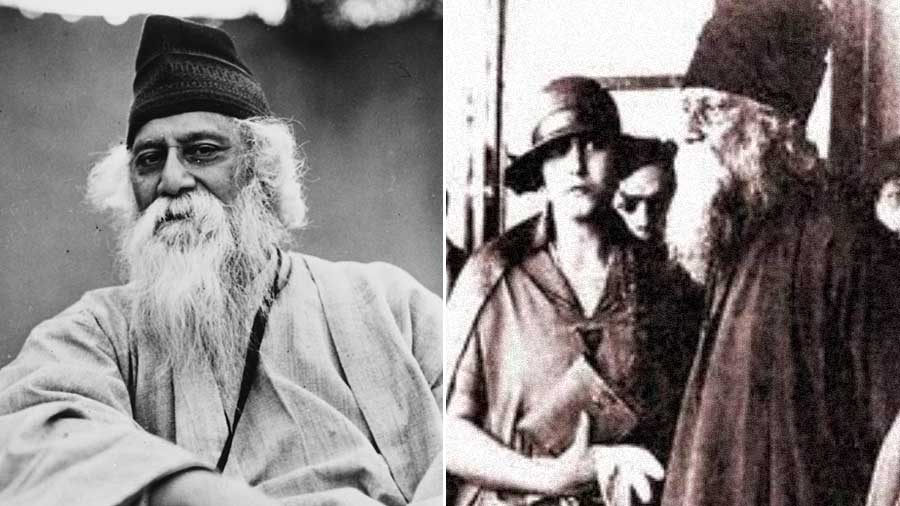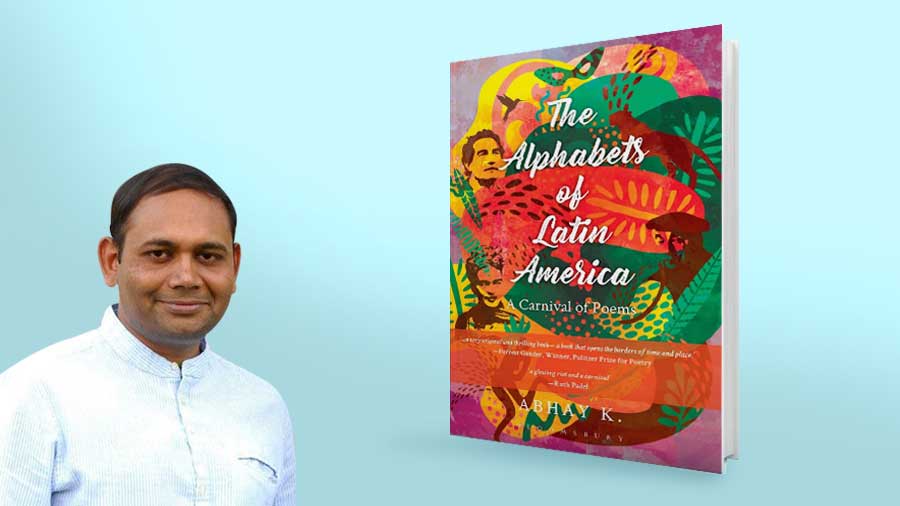Poetry and diplomacy are semantic cousins distinguished by their deft manipulation of words. And yet, few poets dabble in diplomacy while most diplomats are too terse for verse.
Abhay K, though, wears both hats.
Currently serving as India’s Ambassador to Madagascar and Comoros, he has previously worked in diplomatic capacities in Russia, Nepal, and Brazil. A recipient of the SAARC Literary Award, the 41-year-old has written, edited, and translated over 20 poetry books.
In his latest collection of poems, The Alphabets of Latin America, Abhay embarks on an intriguing exploration of the space and spirit of one of the most remarkable places on earth.
My Kolkata caught up with Abhay to find out about his book, his experience in Latin America, his views on a fascinating literary relationship, and more.
My Kolkata: How do you balance diplomacy and poetry?
Abhay K.: I think they balance themselves by complementing each other. Both are about harnessing qualities like ambiguity, brevity, diversity and empathy. So, there’s a lot of common ground that makes it possible to straddle both.
What was your inspiration behind The Alphabets of Latin America?
I wanted to pay homage to the literary stalwarts of Latin America, names such as Octavio Paz and Pablo Neruda. Then there was the lure of visiting the breathtaking Machu Picchu (Peru), the sobering Atacama Desert (Chile), the vibrant Copacabana beach (Brazil) and so many other exciting places.
These poems present a vivid imagery. Did they emerge from memory or your imagination, too?
I have mixed facts with imagination and combined history with intuition. For instance, when I went to Machu Picchu, I wanted to invoke the mythology of Mount Meru in the Himalayas. I saw parallels between the carnival in Rio de Janeiro and Krishna’s Rasleela. The Aztec reinforced in my mind the meditative magnificence of the Buddha.

A performer at the Carnival in Rio de Janeiro Getty Images
For Kolkata, the words ‘literature’ and ‘Latin America’ immediately take us back to Rabindranath Tagore and Argentine author Victoria Ocampo. During your research, did you come across this unique relationship?
I realised that their relationship was a great example of the endurance of love, like a slow flame that burnt through time. Tagore used to call Ocampo “Bijoya” (Bengali for “Victoria”) and the two of them had a spiritual connection, manifested in an immense warmth for each other. Ocampo gifted Tagore the reclining chair he had used during his period of convalescence in Argentina and even organised his painting exhibition in Paris.
Whenever I think of the two of them, they remind me of two souls dancing in ecstasy.

Rabindranath Tagore and Argentine author Victoria Ocampo Getty Images/TT Archives
We often speak about the mellifluous quality of Bengali, especially in poetry. Is there any Latin American language that is similar?
It is Portuguese. The cadences and the musical rhythm of Portuguese are similar to that of Bengali. It might have to do with how certain syllables are rounded off to emphasise on the “o” sounds.
Lastly, when can readers in Kolkata expect the Bengali translation of your book?
The Spanish edition of the book should be available at the Kolkata International Book Fair early next year. The Bengali one, for which the translation is being done by Debajyoti Mukhopadhyay and Anirban Chatterjee, will be released in time for Poila Baisakh.
Buy the book here.
